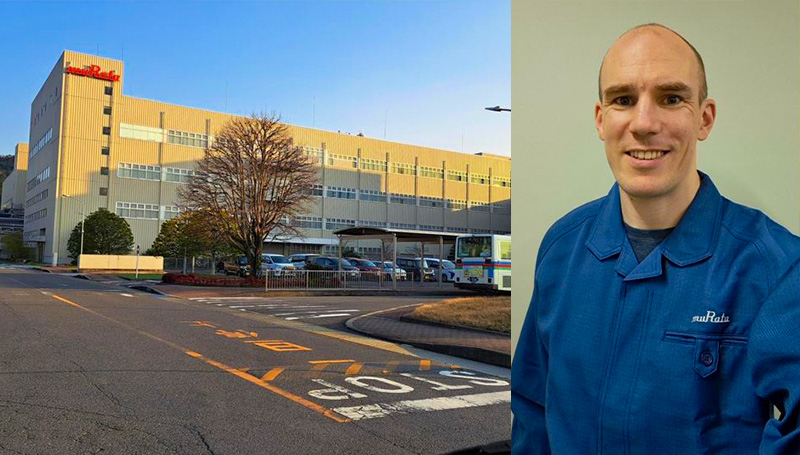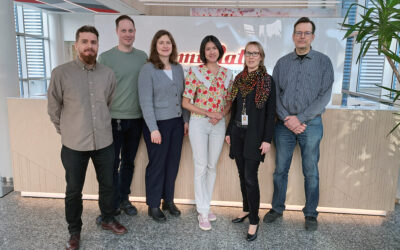I work in Finland at Murata’s R&D, and recently, I had the opportunity to go on assignment to Japan. My family and I moved here in January 2024. These past months and life in Japan have been challenging, wonderful, and definitely also strange 😊.
The decision to go on assignment to Japan felt (and still feels) daunting, as it is not easy to leave for two years to a distant country where the culture and language are very different from Finland. On the other hand, as a family we felt that this was a unique opportunity that we did not want to miss. My interest in the assignment was sparked when I heard about the experiences of colleagues who had previously been on assignments in Japan. They gave me plenty of practical tips, such as a list of things to bring from Finland when going to Japan: deodorant (Japanese do not sweat in the same way as Westerners, so familiar products for Finns are not available in stores), toothpaste (fluoride and xylitol are not familiar here), dish soap (local dish soap is quite runny), and a large dose of adventurous spirit.
I live with my wife and two lively little boys near Kyoto in Moriyama. Moriyama is a very pleasant and peaceful city where you often see really beautiful small gardens in residents’ backyards and there are water channels along the roadsides. The biggest noise disturbances come from frogs and crickets 😊.
I work in neighboring city Yasu at Murata’s R&D department. Yasu houses one of Murata’s largest centers with thousands of employees and several office and factory buildings. One of my goals during this assignment is to develop cooperation between Murata Finland and Japan organizations, and I am involved in a global product development project related to MEMS products.
My work here in Japan has been going very smoothly. After about a month of initial adjustments (computer-related tasks, permits, etc.), I felt fully acquainted with my work and responsibilities. However, Japanese culture and ways of doing things still surprise me every now and then. I get along well with English, which is important because my Japanese language skills are still at a fairly basic level. I can introduce myself and ask questions quite well, but I don’t understand much from the responses. Despite the small language barrier, I have felt very welcome, and everyone has been friendly and helpful. I teach English to my colleagues once a month and I participate in Murata team’s soccer practices.
Many things are done differently in Japan compared to Finland. Here are a few examples:
• One apple can cost 2 euros, but with the same money, you can also get a hearty bento (lunch) box.
• Our home key is a transportation card used for train and bus journeys (similar to Finland’s HSL card).
• Our home refrigerator has two hinges, so it can be opened from both the right and left sides.
• Our home toilet seat has seat heating, shower functions, and the flushing water is used for handwashing before it goes into the tank.
• The bus driver individually thanks all passengers (who may number around 50) as they exit the bus.
Overall, this has been a great and rewarding experience that will continue until the end of 2025. It is an excellent opportunity to get to know Japanese culture both in work life and leisure time. I believe that Finns and Japanese have much to learn from each other.
If you have the chance for an international assignment, I definitely recommend seizing the opportunity.
Pekka Lehtinen
Manager, Test Equipment Development



